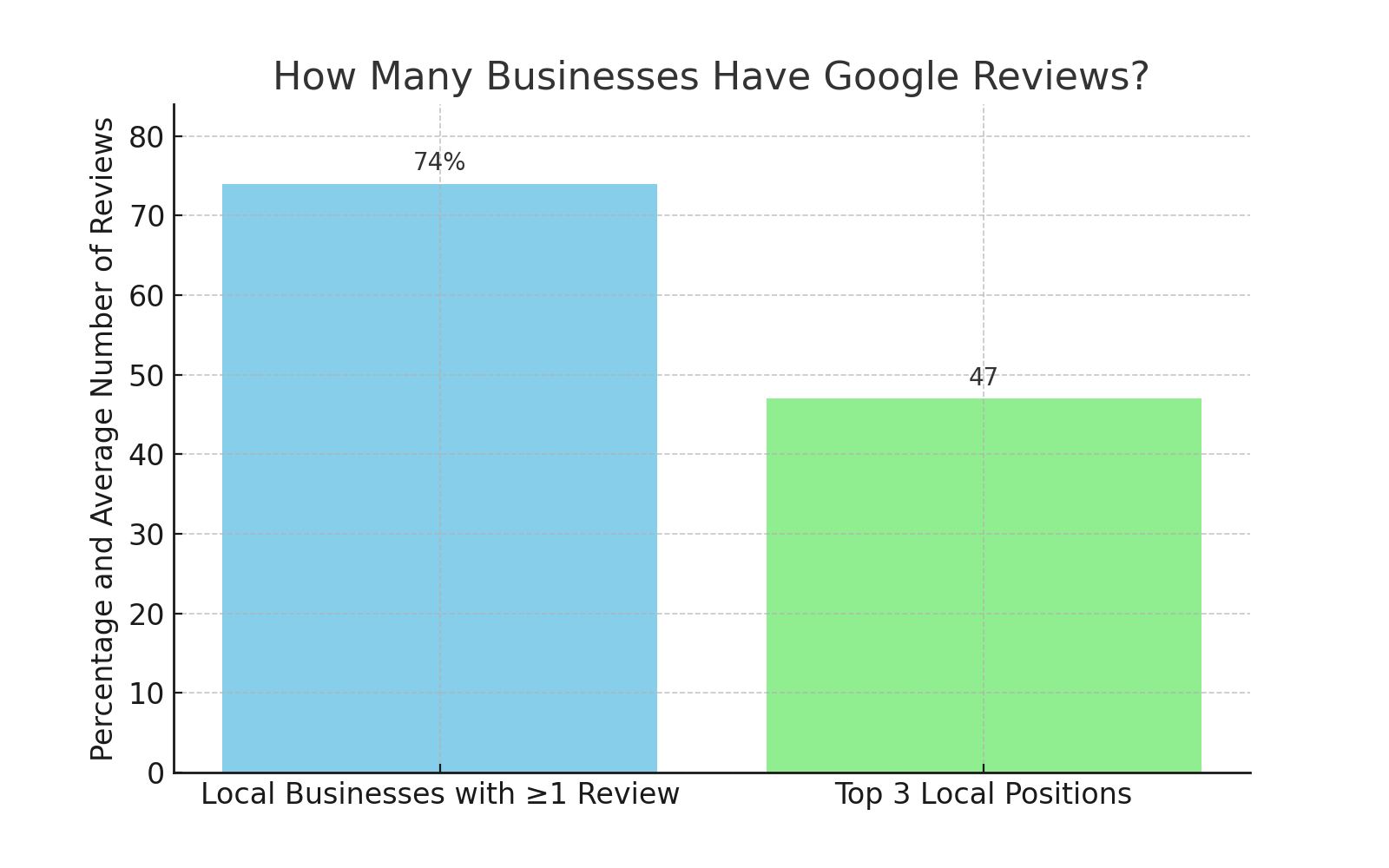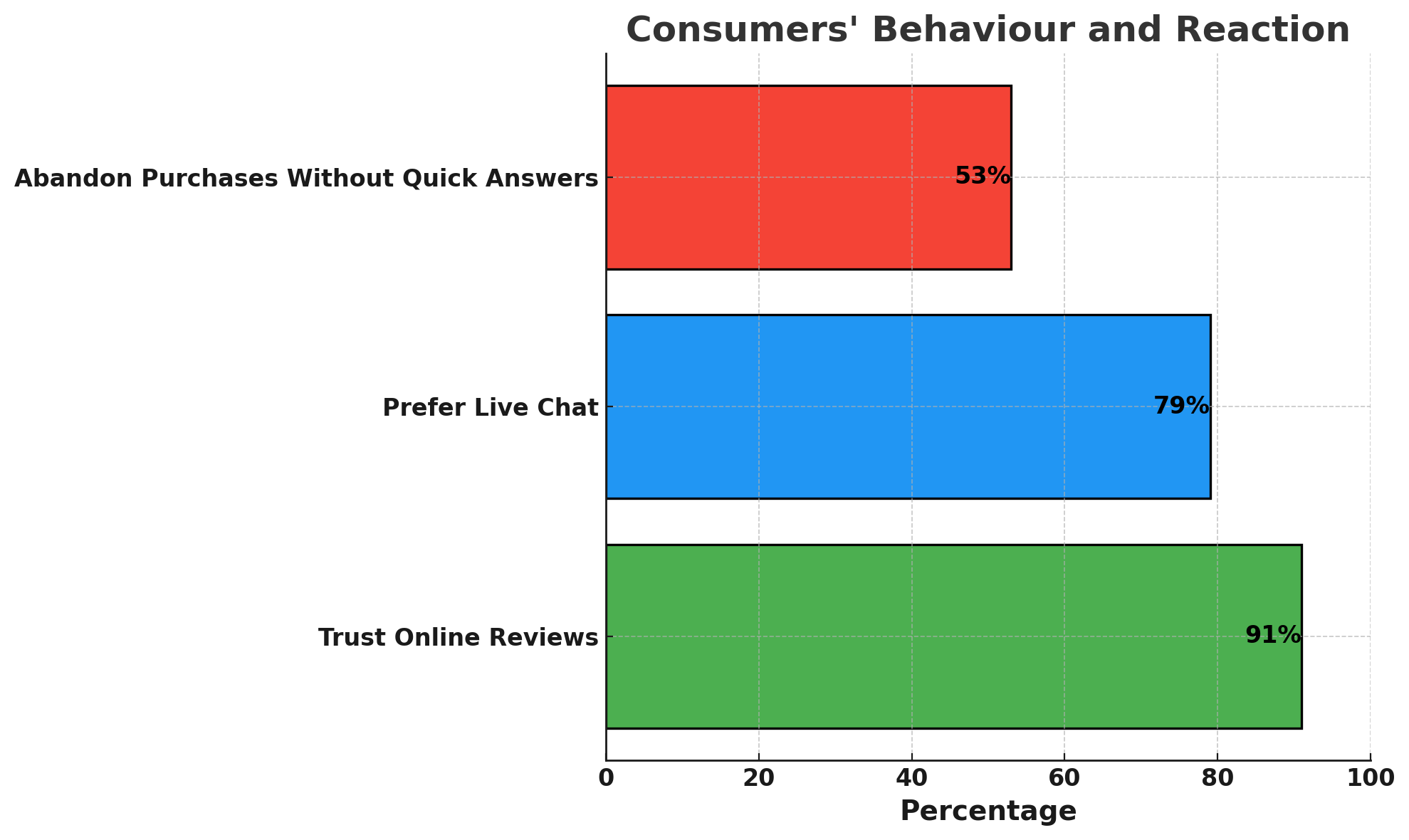
Local SEO Mastery
Have you ever wondered why your business isn't popping up when locals search for the services you offer? You're not alone. Many businesses struggle to get found in local searches, and it's a significant pain point that can impact your bottom line. When potential customers can't find you online, you miss out on valuable foot traffic and sales. In today's digital age, neglecting local SEO means handing over customers to your competitors.
Why Local SEO is Essential for Your Business
So, what exactly is local SEO, and why should you care? Local SEO ( Local Search Engine Optimization) is optimizing your online presence to attract more business from relevant local searches. Unlike general SEO, which focuses on improving your site's visibility on a national or global scale, local SEO targets people searching in your immediate area.
Consider this: according to recent statistics, 46% of all Google searches seek local information, and 78% of local mobile searches result in offline purchases. These numbers highlight the immense potential for businesses that optimize for local search. If you're not focusing on local SEO, you're essentially invisible to a large segment of your potential customers.

Secret Strategies to Rank Higher Locally
Ready to unlock the secrets to dominating local search? Let's explore actionable strategies that will boost your visibility and attract more customers in your neighbourhood.
1. Optimize Your Google My Business Listing for Maximum Visibility
Claim and Verify Your Listing Today, first things first: if you haven't claimed your Google My Business (GMB) listing, you're missing out on a crucial local SEO opportunity. Claiming and verifying your GMB listing puts your business on the map—literally. It's a straightforward process:
1. Go to the Google My Business website.
2. Sign in with your Google account.
3. Enter your business name and address.
4. Choose your business category.
5. Verify your listing via phone or mail.
Use Long-Tail Keywords in Your Business Description
Once your listing is set up, optimize it by incorporating local long-tail keywords into your business description. Instead of saying, "We offer plumbing services," try "We offer emergency plumbing services in downtown Denver." This specificity helps Google match your business with relevant local searches.
2. Harness the Power of Local Long-Tail Keywords
Finding the right keywords is essential. Tools like Google Keyword Planner, Ubersuggest, and AnswerThePublic can help you discover phrases that locals are using to find services like yours. Focus on long-tail keywords—specific phrases that are more targeted and less competitive.
Integrate Keywords Without Keyword Stuffing. Remember, quality over quantity. Incorporate these keywords naturally into your content, meta descriptions, and headings. Overstuffing keywords can harm your rankings and make your content less readable.
3. Collect and Leverage Customer Reviews
Encourage Happy Customers to Leave Positive Reviews. Positive reviews not only build trust with potential customers but also signal to search engines that your business is reputable. Encourage satisfied customers to leave reviews on your Google My Business listing, Yelp, or industry-specific platforms.
Respond to Reviews to Boost Engagement. Engagement matters. Responding to reviews—both positive and negative—shows that you value customer feedback. This interaction can improve your local rankings and foster customer loyalty.

4. Create High-Quality Local Content
Publish Content That Resonates with Your Community. Content is king, but local content is the ace. Write blog posts about local events, news, or tips that are relevant to your community. For example, a local bakery could write about "Top 5 Holiday Treats in [Your City]."
Highlight Local Events and Partnerships. Are you sponsoring a local event or partnering with another business? Share it! This not only boosts your local authority but also provides opportunities for backlinks from other local websites.
5. Build Local Backlinks and Citations
Why Local Backlinks Boost Your SEO. Backlinks from reputable local websites signal to search engines that your business is trustworthy. To earn these valuable links, connect with local bloggers, news outlets, or business associations.
List Your Business in Local Directories. Consistency is key when it comes to local citations—mentions of your business's name, address, and phone number (NAP) on other websites. Ensure your NAP information is accurate across local directories like Yellow Pages, TripAdvisor, and industry-specific sites.

6. Optimize for Mobile to Capture On-the-Go Searches
Ensure Your Website is Mobile-Friendly. With the majority of local searches happening on mobile devices, a mobile-friendly website is non-negotiable. Use responsive design to ensure your site looks and functions well on all screen sizes.
Improve Site Speed for Better User Experience. A slow website can turn visitors away. Optimize images, leverage browser caching, and minimize code to enhance your site's loading speed. Tools like Google's PageSpeed Insights can help identify areas for improvement.
7. Embrace Voice Search Optimization
Why Voice Search is the Future of Local SEO. Voice assistants like Siri, Alexa, and Google Assistant are changing how people search. Voice search queries are more conversational and often question-based, such as "Where is the nearest coffee shop?"
How to Optimize Your Content for Voice Search
To capture voice search traffic:
- Use natural language and answer common questions related to your business.
- Include an FAQ section on your website.
- Optimize for long-tail keywords that mimic how people speak.
Measuring Your Local SEO Success
Track Your Progress with Local SEO Analytics. How do you know if your efforts are paying off? Utilize tools like Google Analytics and Google Search Console to monitor your traffic and rankings. Pay attention to metrics like organic search traffic, bounce rate, and conversion rates.
Interpreting Data to Refine Your Strategy
Review your analytics regularly to identify what's working and what's not. If a particular blog post is driving traffic, consider creating more content on that topic. Continuous improvement is the name of the game.

Additional Resources
Looking to deepen your knowledge? Here are some top Local SEO marketing resources for beginners:
· Online Reviews Matter: Nurturing a Positive Reputation for Local SEO Success
· From Search to Success: Local SEO's Role in Brand Development
· These 8 Local SEO Mistakes Killing Your Business
· It's Not About Beating the Algorithm, It's About Understanding It
FAQs About Local SEO
1. How Long Does It Take to See Results from Local SEO Efforts?
Typically, you might start seeing improvements within three to six months. However, the timeline can vary based on your industry's competitiveness and how aggressively you implement local SEO strategies. Patience and consistency are key.
2. What is Google My Business and Why is It Important?
Google My Business is a free tool for managing your business's appearance on Google Search and Maps. It's crucial because it enhances your visibility in local searches, making it easier for customers to find and contact you.
3. How Do Customer Reviews Affect Local SEO?
Customer reviews play a significant role in local SEO. Positive reviews improve your online reputation and can boost your rankings. Search engines view businesses with numerous good reviews as more trustworthy.
4. What Are Local Citations and Do They Matter?
Local citations are online mentions of your business's NAP (Name, Address, Phone number). They matter because consistent citations across reputable websites help search engines confirm your business's legitimacy and improve your local rankings.
5. Can I Do Local SEO Myself or Should I Hire an Expert?
You can certainly handle the basics yourself, especially with the wealth of resources available online. However, hiring a local SEO expert can provide advanced strategies and save you time, allowing you to focus on running your business.
6. How Important is Mobile Optimization for Local Searches?
Extremely important. With most local searches occurring on mobile devices, a mobile-optimized website ensures a positive user experience, which can lead to higher engagement and conversions.
7. What Role Does Voice Search Play in Local SEO?
Voice search is becoming increasingly prevalent. Optimizing for voice search by using natural language and focusing on question-based keywords can help you capture this growing segment of search traffic.
Take Control of Your Local Search Presence Today
We've covered a lot of ground, from optimizing your Google My Business listing to embracing voice search. By implementing these strategies, you're well on your way to dominating local search and attracting more customers in your neighborhood.
Remember, local SEO isn't a one-time task but an ongoing process. Stay proactive, keep your content fresh, and continually engage with your community.
SEO Specialist | Local Search Domination
Are you struggling to attract local customers to your business? As an experienced SEO agency In Toronto, I specialize in helping businesses like yours improve their local search rankings and increase their online visibility.
With a deep understanding of SEO best practices, we utilize advanced techniques to optimize websites for search engines and drive targeted traffic. Our expertise lies in:
Product Page Optimization: Ensuring your product pages are optimized for search engines and user experience.
Local SEO: Implementing strategies to rank higher in local search results and attract nearby customers.
Keyword Research: Identifying relevant keywords to target your ideal audience.
On-Page SEO: Optimizing website elements like titles, meta descriptions, and content.
Off-Page SEO: Building high-quality backlinks to improve your website's authority.
Let's work together to boost your business's online presence and attract more local customers. Contact me today to discuss your SEO goals.
